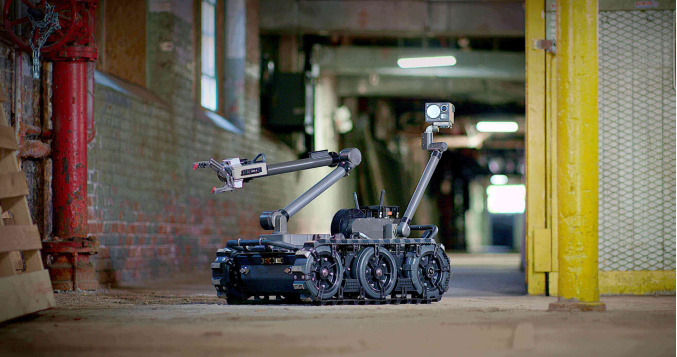
Embedded systems and robotics are the two pillars of modern science and technology, and they play a vital role in industrial automation, smart home, medical equipment, aerospace and other industries. As the key technology at the intersection of these two fields, the importance of motor control is self-evident. It is not only about the accuracy, response speed and energy efficiency of the system, but also directly affects the performance and reliability of the final product. This paper will explore the application of motor control in embedded systems and robotics, analyze its technical challenges, and outline some advanced control strategies.
The importance of motor control
The motor is the core component that converts electrical energy into mechanical energy or vice versa, and is widely used in driving, positioning, speed control and other scenarios. In embedded systems, motor control is used to achieve precise motion control, such as flight attitude adjustment of drones, walking and grasping actions of service robots. In robotics, motor control is the basis to ensure that robots can accurately perform complex tasks, such as the precision assembly of industrial robots and the fine operation of surgical robots.
Technical challenge
1, real-time and precise control: the motor control algorithm needs to respond at the microsecond level or even nanosecond level to achieve fast and accurate motion control. This requires the embedded system to have powerful computing power and efficient real-time operating system.
2, sensor fusion and data processing: In order to achieve high-precision control, it is usually necessary to integrate a variety of sensors (such as B0505LS-1W encoder, accelerometer, gyroscope, etc.) to monitor the speed, position, torque and other parameters of the motor in real time. How to effectively fuse these sensor data and reduce noise interference is the key to improve the control accuracy.
3, dynamic modeling and adaptive control: for different types of motors (such as DC motors, stepper motors, AC servo motors, etc.) and their dynamic characteristics under different working conditions, establish accurate dynamic models, and design adaptive control strategies to cope with load changes, friction changes and other nonlinear factors, is the basis for improving the robustness of the system.
4, energy efficiency optimization: while ensuring the control performance, optimizing the energy consumption of the motor is crucial to improving the battery life of the equipment and reducing the operating cost. This includes selecting the right motor type, optimizing the drive circuit design, and implementing intelligent energy saving strategies.
5, thermal management and reliability design: the motor will produce a lot of heat in high load work, good thermal management system is to ensure the motor and the whole system long-term stable operation of the key. In addition, it is necessary to consider the anti-interference ability, fault diagnosis and fault tolerance mechanism of the motor and control system to improve the overall reliability.
Control strategy
1, PID control: proportional - integral - differential control is the most basic and most widely used control method, by adjusting the three parameters to achieve the desired dynamic response and steady state performance.
2, Model predictive control (MPC) : based on the motor model to predict the future state and optimize the control input, suitable for the need to consider constraints and nonlinear characteristics of the occasion.
3. Adaptive control: Automatically adjust the control parameters according to the actual characteristics of the motor during operation to cope with the impact of environmental changes or motor aging.
4, fuzzy logic and neural network control: the use of artificial intelligence technology to deal with nonlinear, uncertain and complex dynamics, improve the intelligence level and robustness of the control system.
Motor control plays a core role in the field of embedded systems and robotics, and its development level directly determines whether related products can achieve higher performance indicators and market competitiveness. With the continuous progress of control theory and the emergence of new motor technologies, such as the wide application of permanent magnet synchronous motors and stepper motors, as well as the deep integration of the Internet of Things and artificial intelligence technology, the future motor control system will be more intelligent, efficient and adaptive. Therefore, the continuous exploration of innovative control strategies and technologies is of great significance for improving the technical level of the entire industry and promoting the rapid development of related industries.
The Products You May Be Interested In
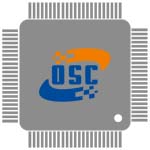 |
AMI-28A-16-6 | LINE FILTER 110/250VAC 16A CHAS | 468 More on Order |
 |
AMI-27A-16-3 | LINE FILTER 250VAC 16A CHASS MNT | 155 More on Order |
 |
AMI-21B-30-6 | LINE FILTER 250VAC 30A CHASS MNT | 129 More on Order |
 |
AMI-M12R-1-1-B-2 | LINE FILTER 250VAC 1A CHASS MNT | 466 More on Order |
 |
AMI-23A-20-3 | LINE FILTER 250VAC 20A CHASS MNT | 200 More on Order |
 |
AMI-M11P-3-10-B-1 | LINE FILTER 250VAC 3A CHASS MNT | 416 More on Order |
 |
AMI-M11F-3-6-A | LINE FILTER 250VAC 6A CHASS MNT | 471 More on Order |
 |
AMI-M11N-1-6-B | LINE FILTER 250VAC 1A CHASS MNT | 440 More on Order |
 |
AMI-M12S-7-5-B-1 | LINE FILTER 250VAC 7A CHASS MNT | 247 More on Order |
 |
AMI-M11K-7M-5-B-1 | LINE FILTER 250VAC 7A CHASS MNT | 364 More on Order |
 |
AMI-22A-10-3 | LINE FILTER 250VAC 10A CHASS MNT | 224 More on Order |
 |
AMI-21A-13-1 | LINE FILTER 250VAC 13A CHASS MNT | 360 More on Order |
 |
AMI-M32A-10-7-E-2 | LINE FILTER 7A CHASSIS MOUNT | 308 More on Order |
 |
AMI-M32A-10-7-E-1 | LINE FILTER 7A CHASSIS MOUNT | 118 More on Order |
 |
AMI-29B-12-1 | LINE FILTER 110/250VAC 12A CHASS | 277 More on Order |
 |
AMI-23B-20-1 | LINE FILTER 250VAC 20A CHASS MNT | 276 More on Order |
 |
AMI-M11A-6-10-D | LINE FILTER 250VAC 10A CHASS MNT | 307 More on Order |
 |
AMI-M12Z-1-3-B | LINE FILTER 250VAC 3A CHASS MNT | 304 More on Order |
 |
AMI-22-6-1 | LINE FILTER 250VAC 6A CHASS MNT | 266 More on Order |
 |
AMI-M11J-3-5-B-1 | LINE FILTER 250VAC 5A CHASS MNT | 101 More on Order |
 |
AMI-21-6-3 | LINE FILTER 250VAC 6A CHASS MNT | 308 More on Order |
 |
AMI-M11A-3-5-D | LINE FILTER 250VAC 5A CHASS MNT | 345 More on Order |
 |
AMI-21B-6-1 | LINE FILTER 250VAC 6A CHASS MNT | 415 More on Order |
 |
AMI-21A-6-1 | LINE FILTER 250VAC 6A CHASS MNT | 276 More on Order |

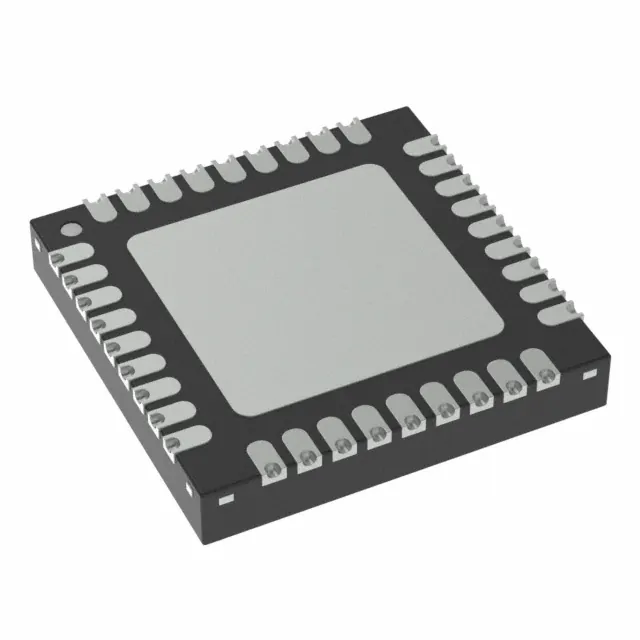 Semiconductors
Semiconductors









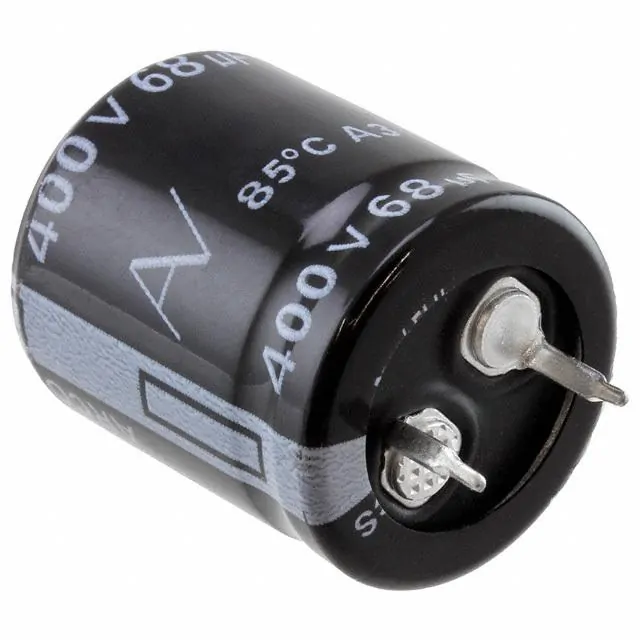 Passive Components
Passive Components









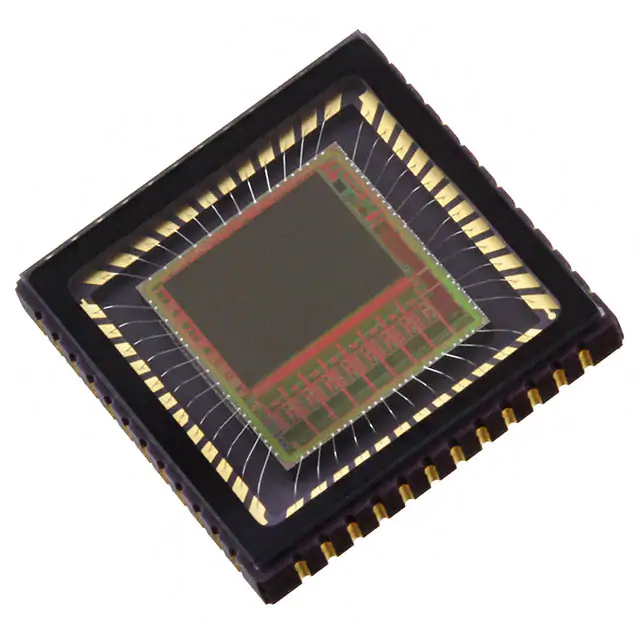 Sensors
Sensors








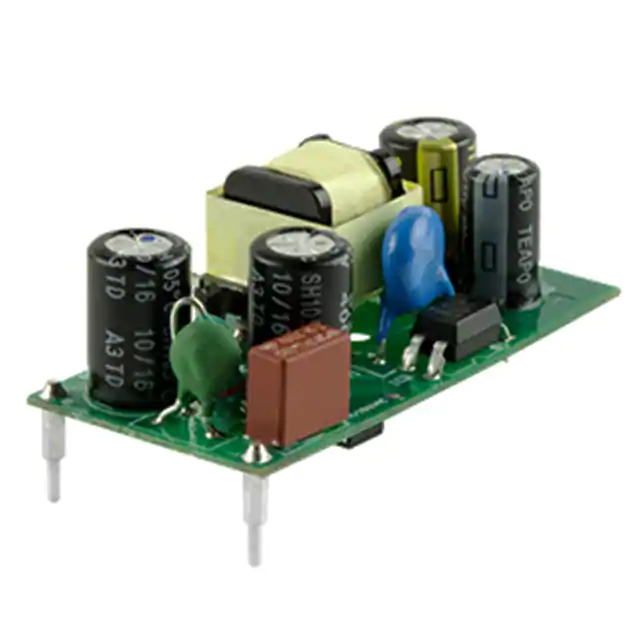 Power
Power









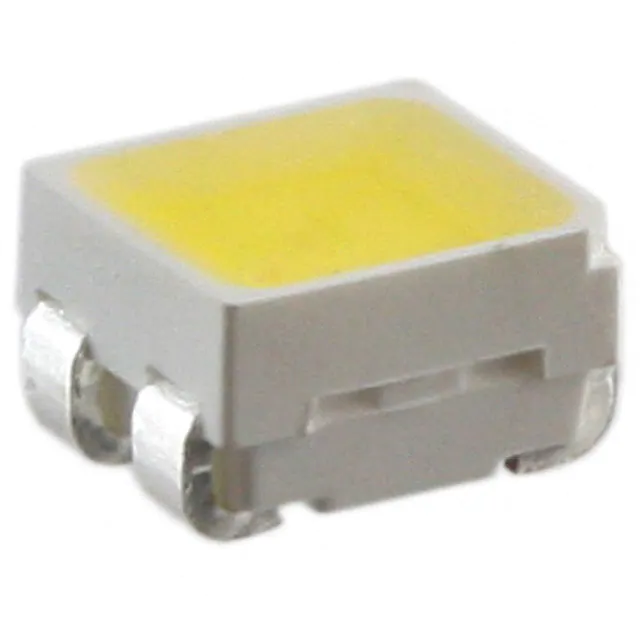 Optoelectronics
Optoelectronics








